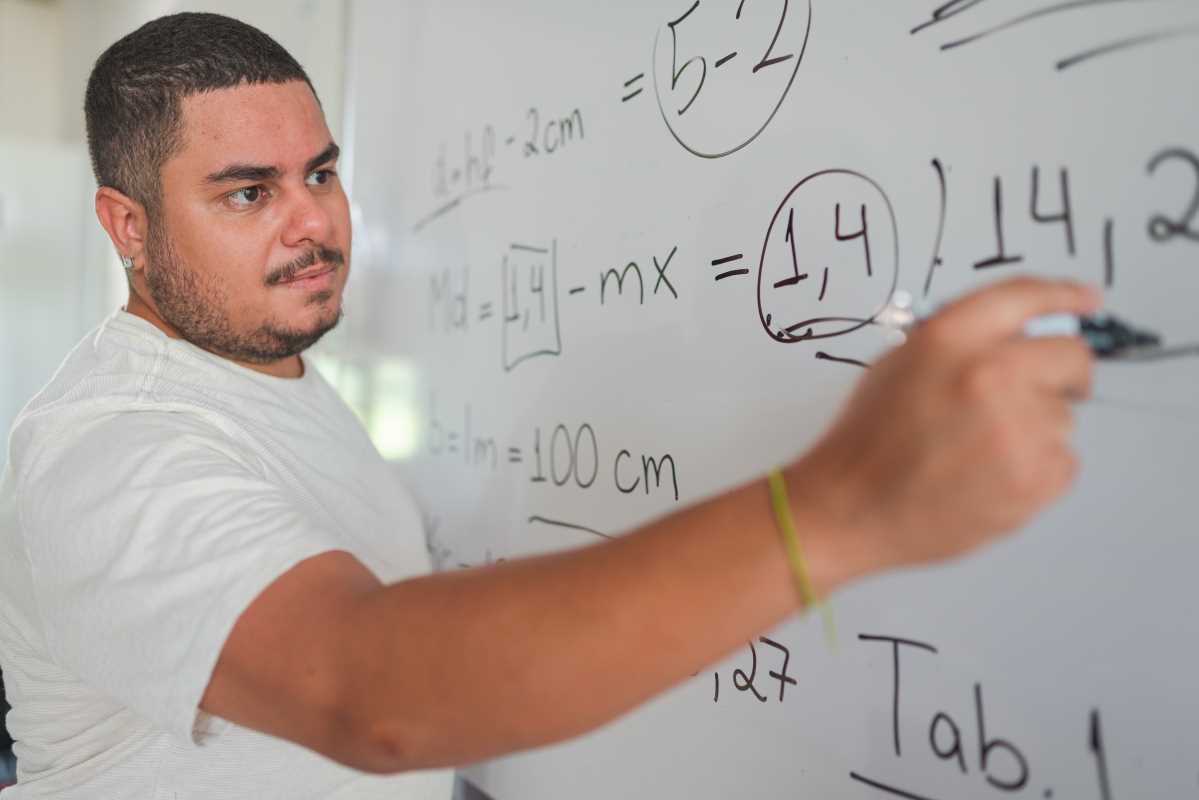Striving for success in graduate entrance exams can be a daunting task, but with the right study techniques, you can tackle the challenge head-on and excel in your tests. Effective study habits are crucial for maximizing your study sessions and retaining the information you need for the exams. Here are some key techniques to help you prepare efficiently and effectively for your graduate entrance exams.
Forming a Study Schedule
Creating a study schedule is vital for managing your time effectively and ensuring you cover all necessary topics. Allocate specific time slots for each subject or section to maintain focus and consistency in your preparation. Fact: Research shows that developing a consistent study routine can significantly improve retention of information.
Utilizing Active Learning Strategies
Passively reading through study materials may not be the most effective way to learn. Instead, engage in active learning techniques such as summarizing key points, creating flashcards, or teaching the material to someone else. Actively engaging with the content helps reinforce your understanding and retention of the information.
Practicing with Past Papers
Practice makes perfect, especially when it comes to entrance exams. Utilize past exam papers and practice questions to familiarize yourself with the exam format, types of questions, and time constraints. Fact: Regular practice with past papers can help you identify your strengths and weaknesses, allowing you to focus on areas that need improvement.
Seeking Study Groups or Tutors
Studying with peers or seeking help from a tutor can provide additional support and perspective on challenging topics. Group study sessions can offer a collaborative learning environment, where you can discuss concepts, share insights, and reinforce your understanding through discussions. Fact: Explaining concepts to others can enhance your own understanding and retention of the material.
Taking Breaks and Rest
Studying for long hours without breaks can lead to burnout and decreased productivity. Remember to take short breaks between study sessions to rest your mind and recharge. Fact: Studies show that taking regular breaks during study sessions can improve focus, concentration, and overall performance.
Staying Healthy and Active
Maintaining a healthy lifestyle is essential for optimal cognitive function and academic performance. Get an adequate amount of sleep, eat balanced meals, and engage in regular physical activity to keep your mind and body in top shape during the exam preparation period. Fact: Regular exercise has been shown to improve memory, focus, and overall brain function.
Seeking Professional Guidance
If you're feeling overwhelmed or struggling with certain topics, don't hesitate to seek guidance from academic advisors, professors, or exam prep professionals. They can provide valuable insights, resources, and support to help you navigate the challenges of preparing for graduate entrance exams. Effective study techniques combined with expert guidance can significantly boost your confidence and readiness for the exams.
Implementing these effective study techniques into your exam preparation routine can help you approach your graduate entrance exams with confidence and readiness. By staying organized, engaging actively with the material, practicing regularly, and seeking support when needed, you can maximize your chances of success and achieve your academic goals.
 (Image via
(Image via





